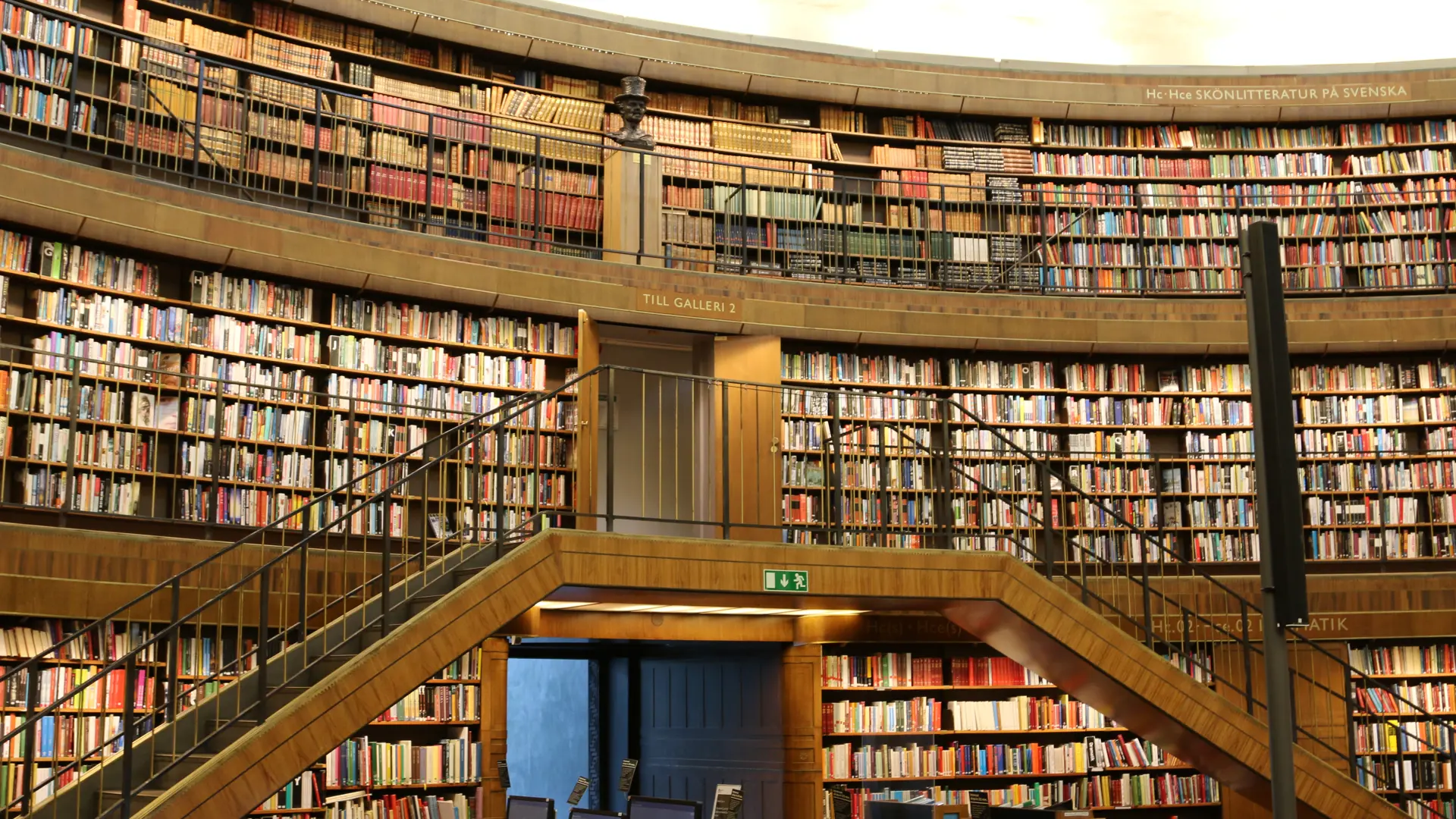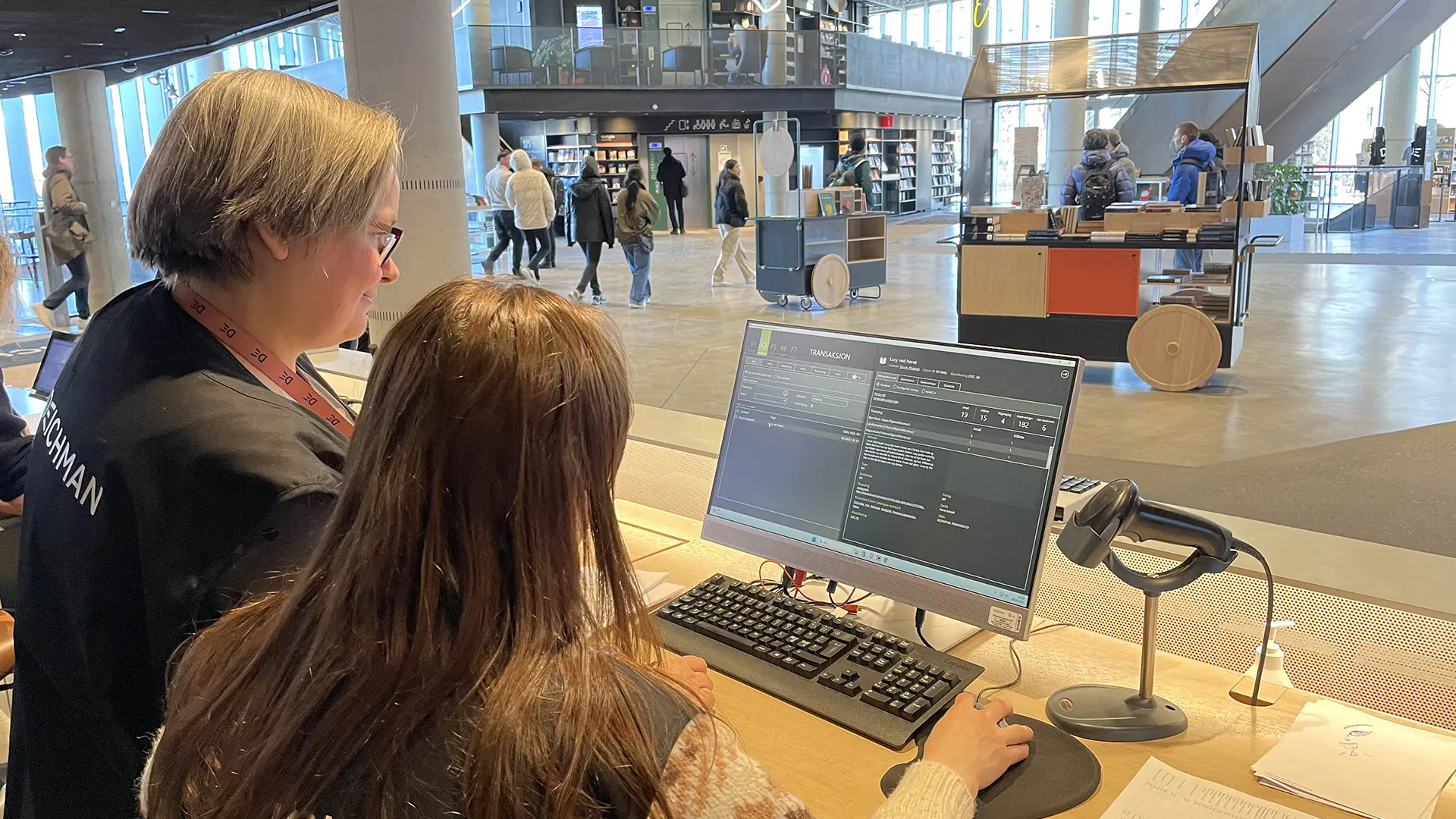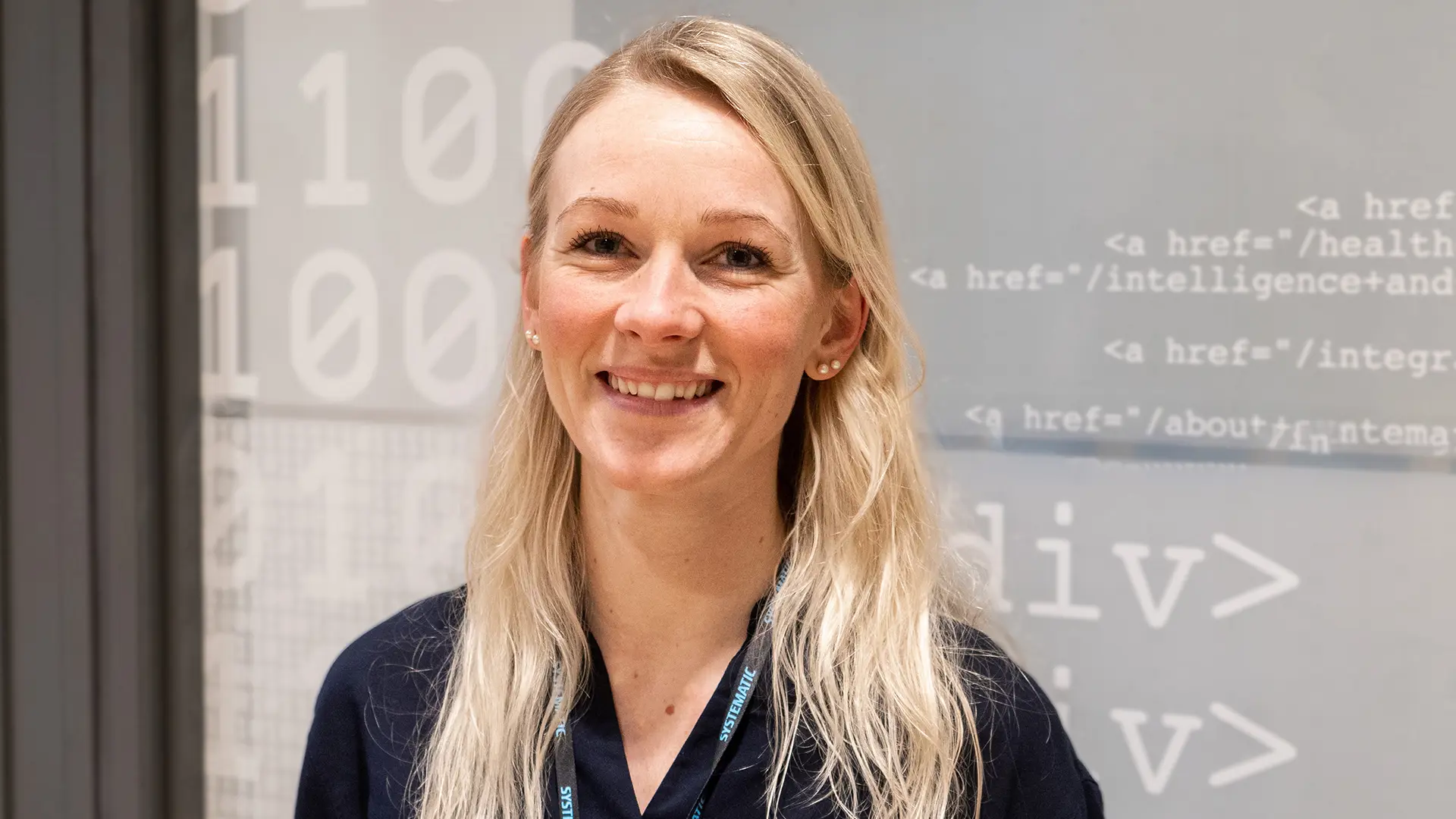Oslo municipalities' schools improve their library systems with Cicero
In 2023, Cicero was chosen as Oslo's primary library system with the aim of improving efficiency and user-friendliness in their libraries. Today, 171 schools in Oslo use Cicero to enhance the daily operations of their libraries.
Networking across libraries
Oslo, the capital of Norway, stands as a beacon of innovation, culture, and education. The city’s diverse population and commitment to excellence are reflected in its schools, high schools (VGS) and the six adult education centers in Oslo. Oslo Municipality runs 151 primary and lower secondary schools, as well as 30 high schools, focusing on literacy, diversity, and democratic values.
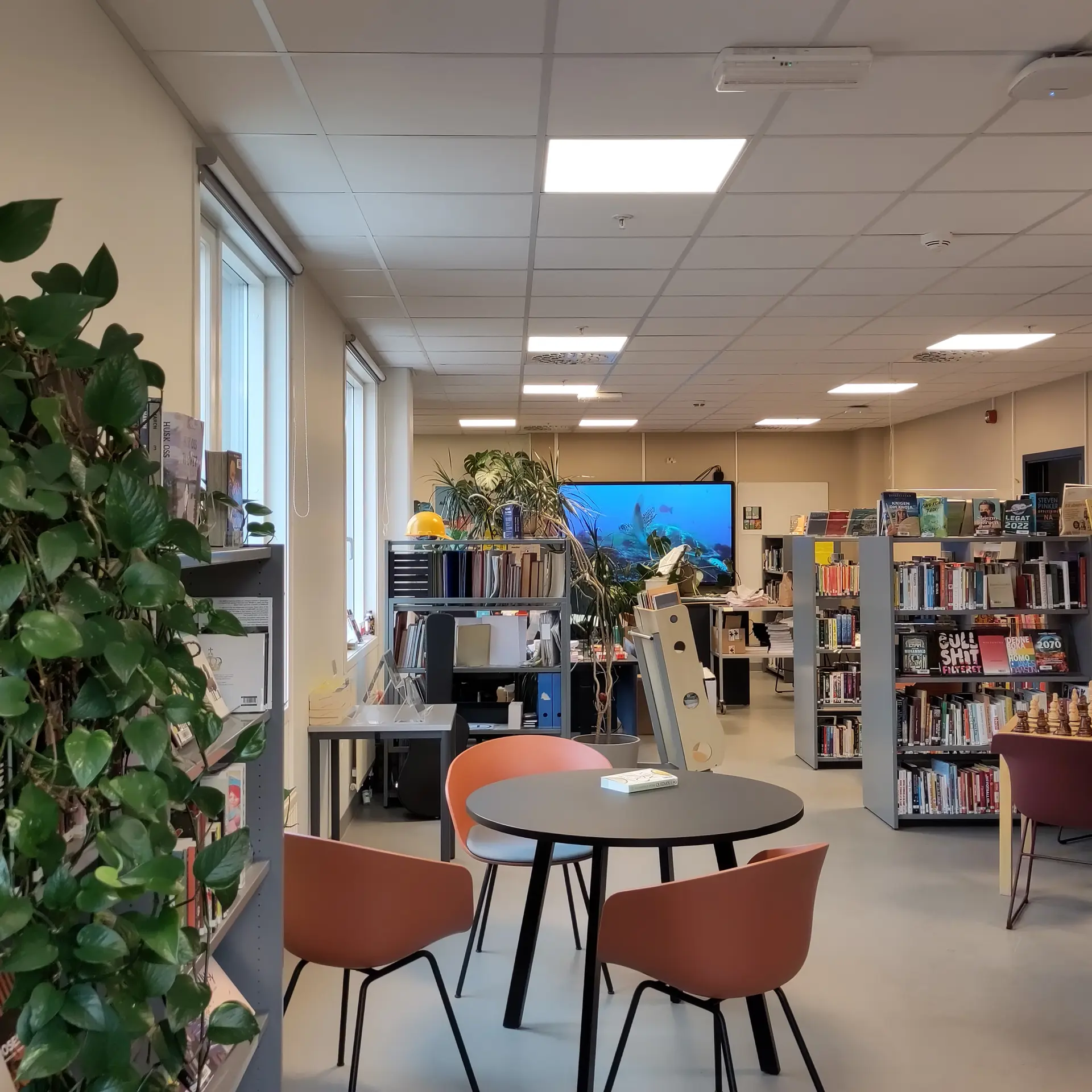
To support this goal, the municipality has replaced their old library system with Cicero, used in both public and school libraries. Cicero allows centralised administration for all the schools while granting each school library significant autonomy and sophisticated automated workflows.
There is considerable variation in the size of schools in Oslo, both in terms of building size and student groups. Some schools have students from 1st to 7th grade, while others include up to 10th grade.
Because of the size and scope differences, it’s important to use networks for the librarians to meet (digitally or physically), where they can discuss and talk about professional library challenges, issues, and professional development. Meetings are held several times each semester.
Beyond the technical advantages, Cicero has strengthened the community of school librarians across Oslo by providing a common platform and shared experiences to discuss during their regular meetings. This networking opportunity proves especially valuable for librarians who often work independently.
The role of the librarian
The role of the librarian in schools is unique and distinct from that of teachers, because they have the opportunity to meet students in a different psychosocial space than the classroom. There is significant variation in library positions, ranging from a few hours a week to full-time roles. That's why, it’s crucial for the school librarians to be present when students are there.
Transitioning to a new system
To ease the administrative tasks to free the librarians to focus on the students, it has been an asset to implement Cicero in Oslo. Modernising and automating the library system frees hands to do core library tasks such as supporting literacy.
Even though, a new system implementation always comes with challenges, the implementation of Cicero in Oslo has been well planned through close collaboration between the Oslo Schools project management group and Systematic. The biggest challenge has been to learn how to use a modern integrated library system compared to the much older stand alone system the libraries have used before.
However, the solution’s user-friendliness has made the transition a lot easier. The regular updates to the system is also a clear advantage compared to their old system, that hadn’t been updated in two years.
The impact of Cicero: results and future direction
The Oslo Schools agreement for Cicero covers all the Cicero Modules, the main product Cicero with Cicero Surf as the student search interface has already been launched, as is the self-service client Cicero Slide, which enables students to loan books without the help from teachers or librarians.
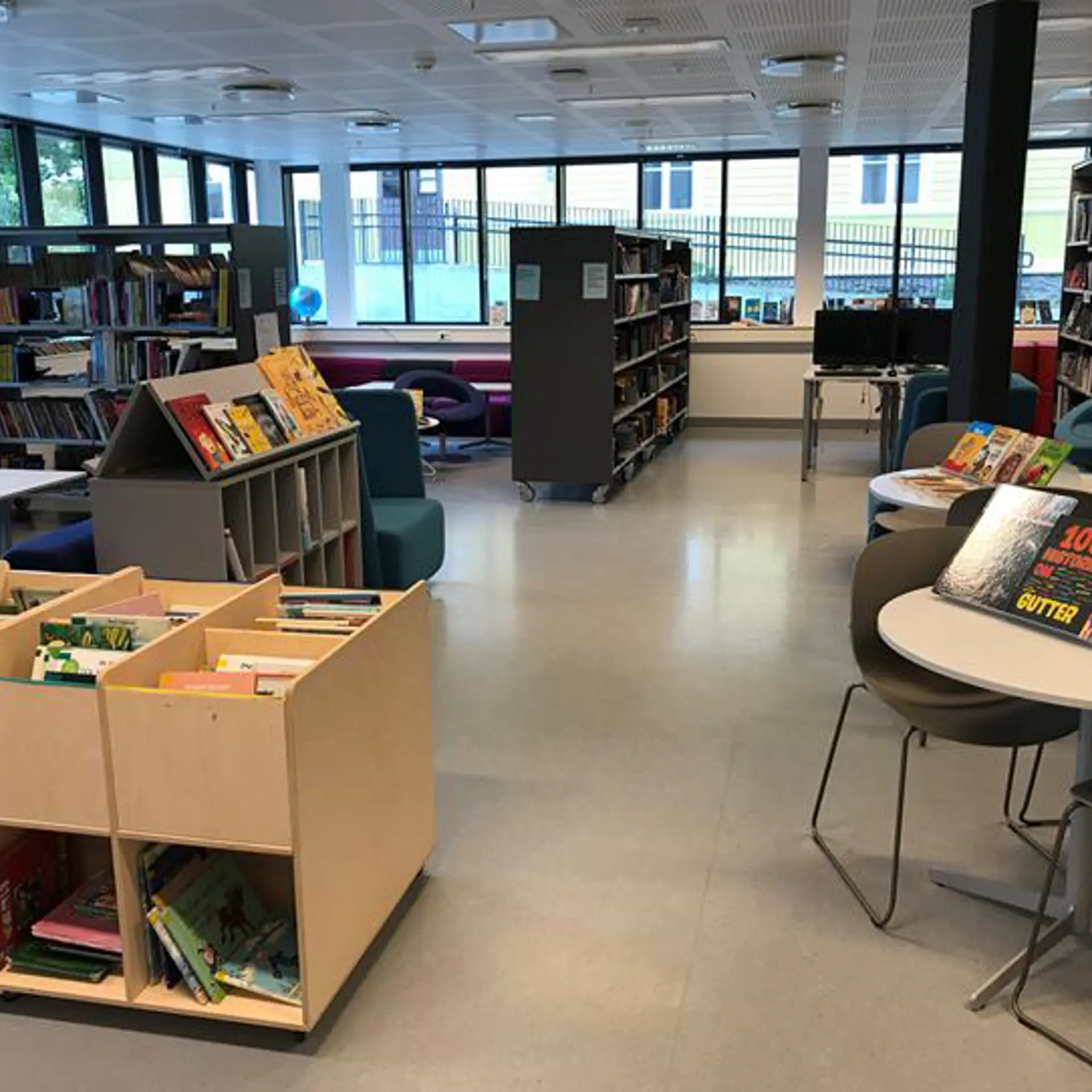
The implementation of Cicero across Oslo's 171 schools has yielded significant improvements in library operations. Librarians now spend less time on administration and more time engaging with students and promoting literacy. Key benefits include centralised management with local autonomy, automated workflows, regular updates, and enhanced search capabilities through Cicero Surf.
As Oslo schools continue to explore the full potential of the Cicero system, they are establishing a model for how modern library systems can support educational goals. The focus remains on using technology to enhance the human elements of library work - creating welcoming spaces for students, promoting literacy, and supporting democratic values.
The successful implementation demonstrates how thoughtful integration of technology, combined with strong professional networks and locally adapted support, can transform school libraries into even more effective resources for students and educators alike.




